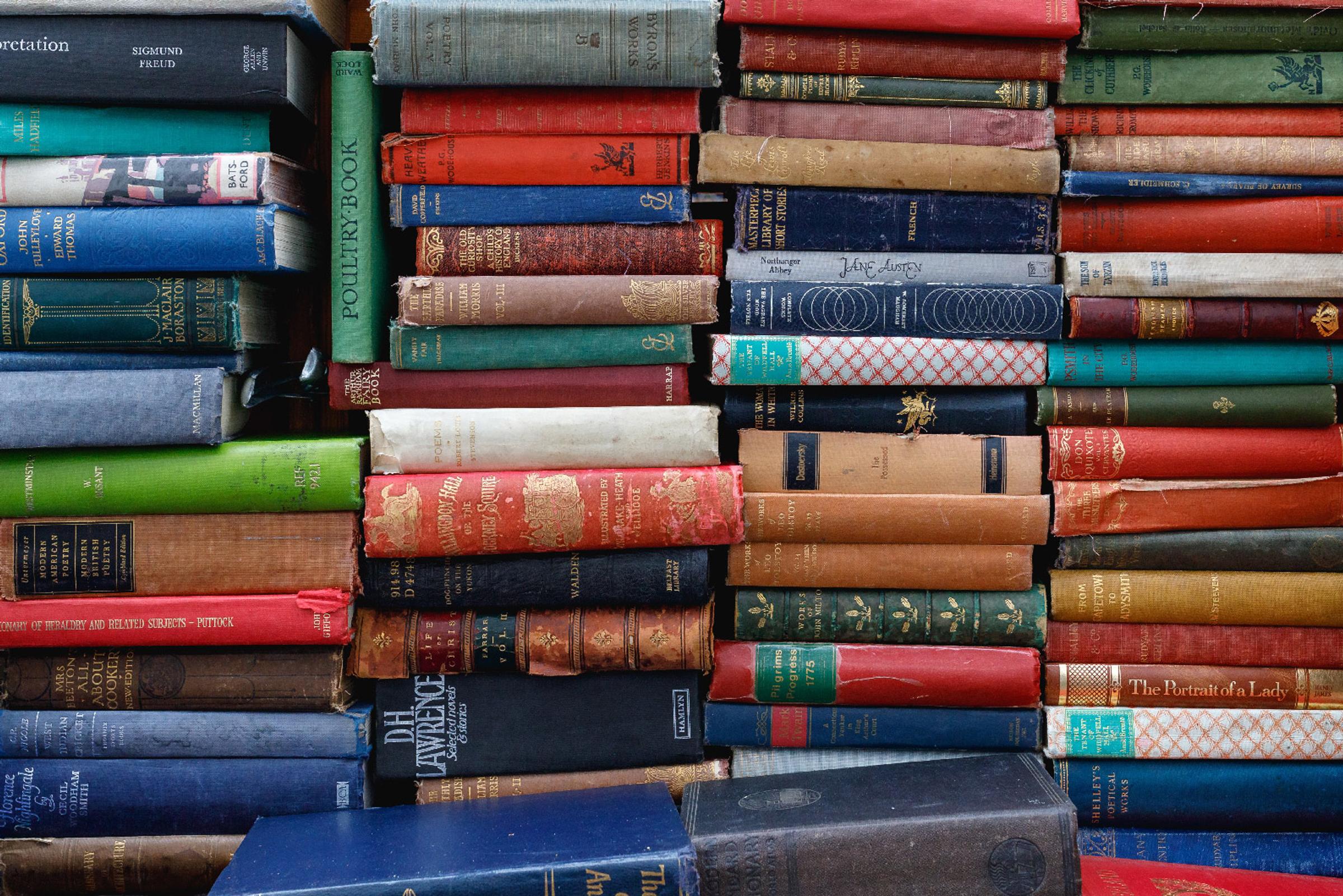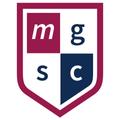Literature

Literature develops cultural awareness and builds investigative abilities as students delve into the way meaning is constructed through literary devices and through cultural context. Students refine their abilities to become discerning, critical readers and skilled writers, skills which transfer to academic courses and professions.
Unit 1
Reading practices
In this area of study students consider how language, structure and stylistic choices are used in different literary forms and types of text.
Exploration of literary movements and genres
Students explore texts from the selected movement or genre, identifying and examining attributes, patterns and similarities that locate each text within that grouping. Students engage with the ideas and concerns shared by the texts through language, settings, narrative structures and characterisation, and they experiment with the assumptions and representations embedded in the texts.
On completion of this unit students will be able to:
- Closely examine the literary forms, features and language of texts. They begin to identify and explore textual details, including language and features, to develop a close analysis response to a text.
- Develop and produce close analysis written and/or oral responses to texts
- Discuss how the literary forms, features and language of texts contribute to meaning
Unit 2
Voices of Country
In this area of study students explore the voices, perspectives and knowledge of Aboriginal and Torres Strait Islander authors and creators. They consider the interconnectedness of place, culture and identity through the experiences, texts and voices of first nations people.
The text in its context
In this area of study students focus on the text and its historical, social and cultural context. Students reflect on representations of a specific time period and/or culture within a text.
On completion of this unit students will be able to:
- Engage with and explore Aboriginal and Torres Strait Islander perspectives, knowledge and storytelling
- Investigate and research the voices and stories of Aboriginal and Torres Strait Islander peoples
- Explore and analyse how a text represents its historical, social and cultural context
- Develop critical responses to a text by examining how the literary form, features and language are used in the text to reveal the specific period and/or culture represented in the text
Unit 3
Adaptations and Transformations
This unit will focus on the ways writers construct their work and how meaning is created.
Developing interpretations
This unit will focus on students’ creative and critical responses to texts.
On completion of this unit students should be able to:
Analyse critically and link features of a text, through extracts relating them to an interpretation of the text as a whole.
Analyse, interpret and evaluate the views and values and contexts of a text in the context of the ideas, social conventions and beliefs that the text appears to endorse, challenge or leave unquestioned.
Review and evaluate views of a text and make comparisons with their own interpretation.
Respond verbally to literary texts.
Discuss how meaning changes when the form of a text changes
Respond imaginatively to a text.
Unit 4
Creative Responses to text
In this area of study students focus on the imaginative techniques used for creating and recreating a literary work. Students use their knowledge of how the meaning of texts can change as context and form change to construct their own creative transformations of texts.
Close analysis of texts
In this area of study students focus on a detailed scrutiny of the language, style, concerns and construction of texts. Students attend closely to textual details to examine the ways specific passages in a text contribute to their overall understanding of the whole text.
On completion of this unit students should be able to:
Discuss elements of construction, context, point of view and form particular to the text, and apply understanding of these in a creative response.
Analyse closely the literary form, features and language of a text.
Analyse the literary form, features and language throughout a text, and synthesise analysis of these elements into a coherent view.
Analyse how key passages contribute to an understanding of the whole text.
Apply and explore the conventions of presentation, discussion and/or debate.
Develop and produce analytical responses to texts.
